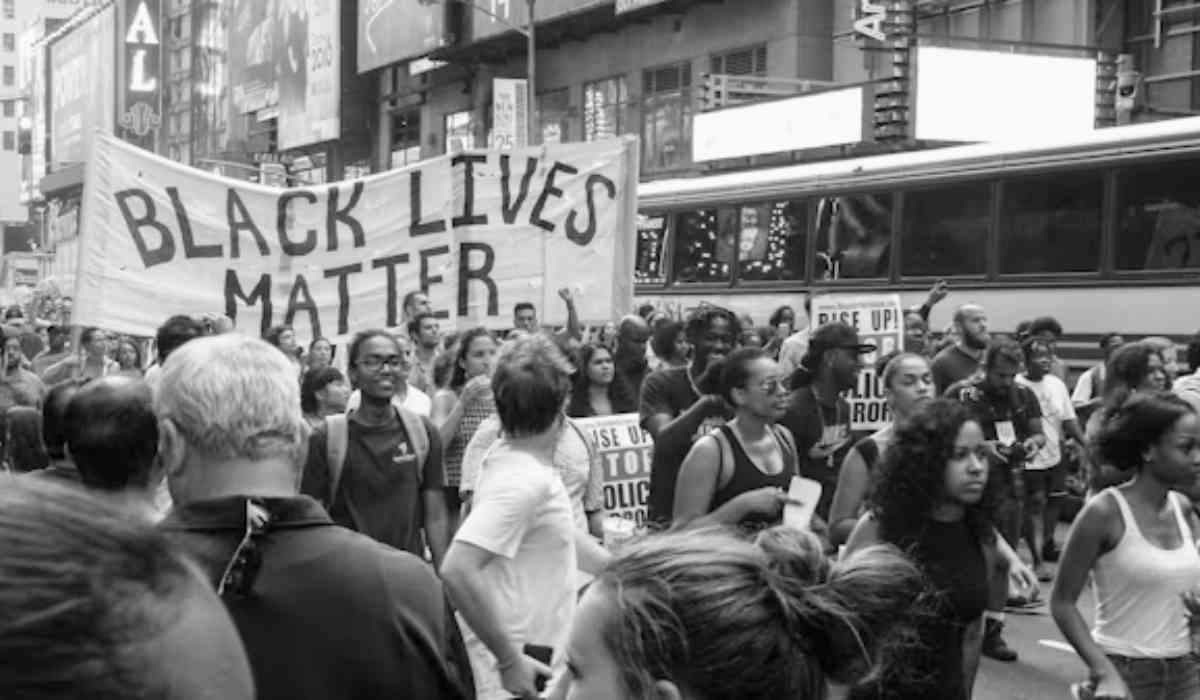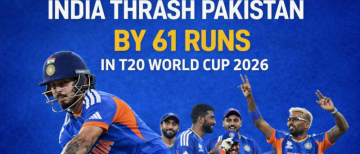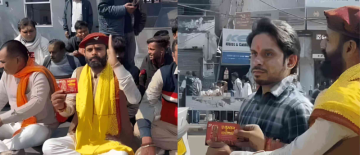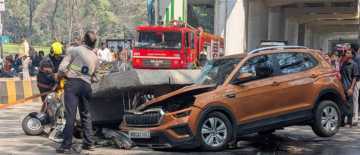All across the world, the frantic cry, "I can't breathe," has come to represent institutional racism and police brutality. The need to address this ongoing issue urgently is highlighted by recent events, such as the death of an Ohio man who was in police custody after saying these words repeatedly.
_1714217198.png)
Bodycam footage shows police approaching Frank E. Tyson on April 18, 2024, at an AMVETS Post in Canton Township, Ohio.Canton Police ,
(PC: NBC)
The Grim Reality
The latest headlines describe yet another case of fatalities caused by police brutality. These tragedies draw attention to the ongoing issue of law enforcement using excessive force, which disproportionately affects African Americans. A sobering picture is painted by data from the nonprofit Mapping Police Violence (2023), with statistics indicating the actual human cost of these incidents. For example, the database may indicate a high number of deaths with the cause of death recorded as "asphyxiation" during an arrest—a statistic that can be directly associated with the practice of knelt on someone's neck.
Beyond the data
Although statistics provide a numerical viewpoint, the actual extent of police violence surpasses documented incidents. Unreported events and those covered up by official narratives continue to be a major source of concern. This is a worldwide problem that has parallels in nations such as India. Here, incidents of state-approved violence and suppressed dissent that have been documented raise concerns about the fairness of law enforcement and how marginalised groups are handled. According to Amnesty International's 2023 report, national security agencies in India were used to crack down on activists, journalists, and critics, and religious minorities faced violence and discrimination with impunity. Punitive demolitions of Muslim properties and internet shutdowns were commonplace. These reports highlight the urgency of addressing police brutality and rights violations on a global scale.
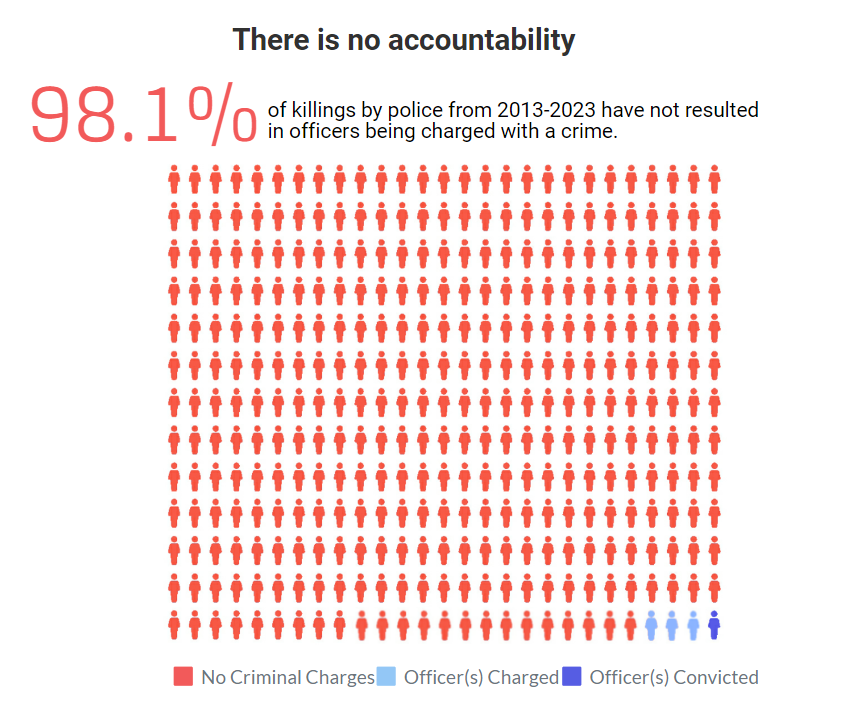
A Movement for Change
After ten years, the Black Lives Matter (BLM) movement is still a major force behind reform. Their unwavering demand for justice has drawn national attention to the practice of racial profiling, in which law enforcement targets black people disproportionately on the basis of preconceived notions rather than solid evidence. Research has indicated that, even after adjusting for variables like moving infractions, black drivers are significantly more likely than white drivers to be stopped.
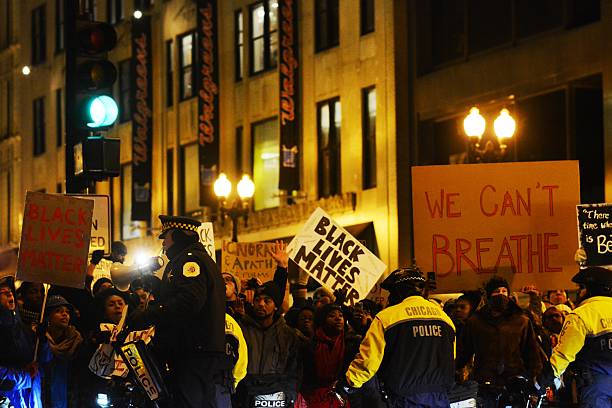
Demanding Transformation
The BLM movement is in favour of shifting funding away from police forces and towards community-based initiatives. This strategy seeks to create safer, more just communities by addressing the underlying causes of crime, such as deprivation and opportunity gaps. Communities could fund social workers, mental health specialists, and other services that address underlying problems and stop crime before it starts, rather than depending entirely on a reactive police presence.
_1714217251.png)
Substantial Evidence: A Closer Look
Numerous notable events that have left a lasting impression on the country's conscience serve as a stark reminder of how widespread racial injustice is in the United States. Each horrific incident, such as the vicious beating of Rodney King in 1991 or the untimely deaths of Breonna Taylor, Ahmaud Arbery, and numerous others, serves as a sobering reminder of the pervasive prejudices that exist in our society.
I have already written about these topics in my article, "Understanding the Complex Web of Racial Profiling in the US," so it hurts me to see another tragic police-related death. It also emphasises how urgent it is for us all to confront these injustices and seek to bring about significant change.
_1714218797.png)
Conclusion
The ongoing issue of systemic racism and police brutality is a pressing concern in the political landscape. This year, marked by heightened tensions and divisions, has highlighted the need to address these issues. The deaths of individuals like Frank Tyson serve as a reminder that these injustices affect not only societal fabric but also voters' minds. In a politically charged environment, it is crucial to keep these issues at the forefront of national discourse. The upcoming elections will be shaped by questions of justice, equality, and accountability. Voters will look to their leaders for tangible solutions and meaningful action to address systemic inequalities.
The BLM movement provides hope by offering a glimmer of hope for a future where every life is valued and the fear of "I can't breathe" becomes a thing of the past. As we navigate this tumultuous political landscape, it is essential to remember the human cost of inaction and ensure that their voices are heard, their stories remembered, and their struggle honoured with meaningful reform.
ⒸCopyright 2024. All Rights Reserved Powered by Vygr Media.

